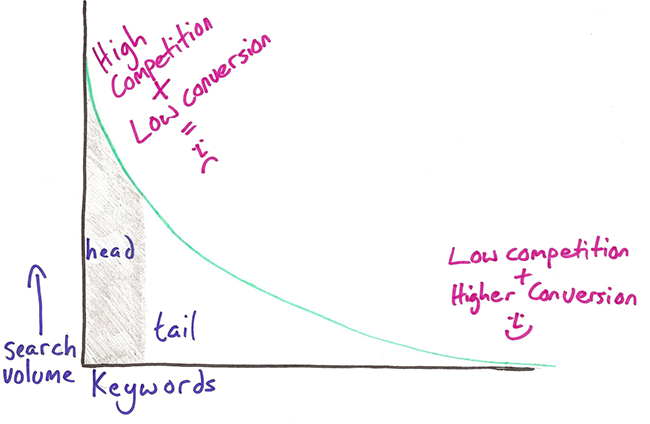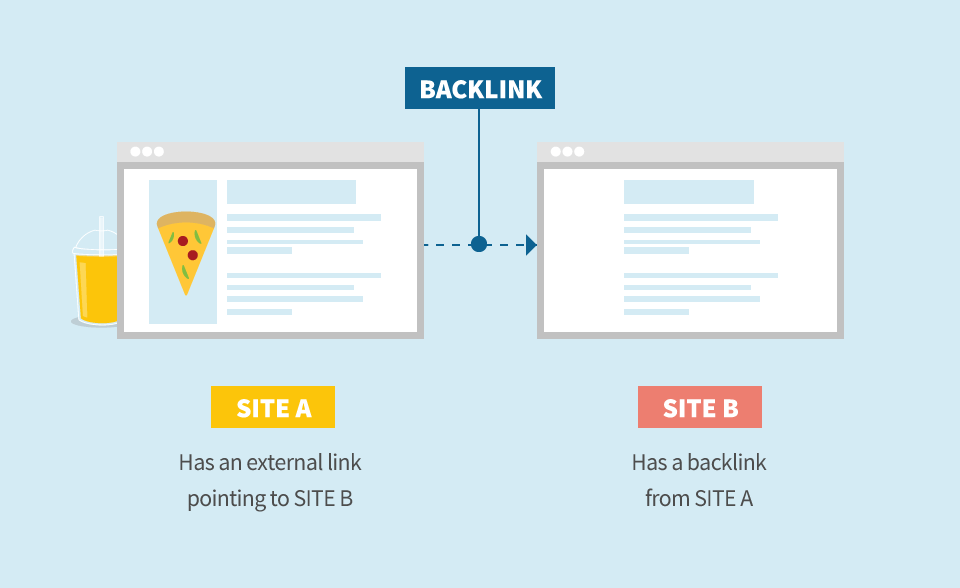UPDATED
Is SEO still important in 2022?
We say YES and it will always be a relevant strategy for ranking up on Google!
SEO still matters and it has been more important this year than ever. And in the following years to come, it will remain to be an essential component of any successful digital marketing efforts. Whether you’re going to focus on blogging, social media, video content creation, or email marketing, it is SEO that will make the difference between getting you millions of traffic and getting lost in the oversaturated world of Internet.
But if it’s that important, why are people questioning its use in the upcoming year?
Algorithm continues to change and every time it updates its rules, it gets so hard for marketers to adjust over and over again just to please it. Then people start to get confused on what’s acceptable and not. They end up believing that as long as they make high-quality content, SEO wouldn’t matter.
But that’s wrong.
Like we mentioned, SEO will become more useful than it has been in recent years. It can get complicated sometimes but all the efforts will be worth it.
So are the usual title tags, meta descriptions, focused keywording, header tags, and link building still an SEO trends 2020? Or should we prepare for another wave of updates from the search engine algorithms? Let’s find out!
Sometimes it’s so difficult to let go of the things that worked for you. But if you cling to them and refuse to move on, you’d literally end up getting hurt as you watch your website ranking fall to the fiery pit.
If you greatly rely on organic methods to rank on Google, then you need to be alert and ready to change a tactic or two and be quick enough to adapt to a new environment anytime an update rolls out. But did you know that Google updates its algorithm at least 3 times a day? Most changes are small that they even go completely unnoticed.
Recently, though, Google launched the September 2021 Core Update and we saw the effect on both web and mobile platforms. Website rankings dropped. Pages lose rank on keywords, especially on longtail. Quality content remains to be the king. We’ll talk more about the updates in a separate blog.
Overall, we mean to say that Google can implement changes and you need to be on your toes otherwise, your years-long efforts will become useless in just a snap. Besides, Google is no longer that selfish and is now announcing broad updates before they happen so web owners can prepare.
So with a new algorithm on play, what do you think should SEO trends 2022 look like?
1. Focus on Keyword than Longtail
 Image source: https://www.wordtracker.com
Image source: https://www.wordtracker.com
While we all have been working on targeting longtail keywords, Google has seemingly redefined the terms that it has been redefining websites for.
A survey on Google ranking changes made by Ignite Visibility showed that pages that ranked 1-3 on certain keywords were able to maintain their positions. Those in the lower ranks saw changes most especially on their longtail keywords.
This might mean that Google has been stricter on matching keywords with user intent. It might have determined longtail keywords that aren’t really relevant to the content or the site itself. So you might want to target highly relevant, to the point keywords rather than always going for longtail.
2. Backlinking is Still On But Focus on Authority than Quantity
 Image source: https://mangools.com/
Image source: https://mangools.com/
It’s no longer a war on getting a huge volume of backlinks. It is now a competition on getting the highest quality backlinks.
Google doesn’t care how much backlinks you get but it does matter who the link is coming from. If you win a backlink from a site with high authority, then Google will see you as a more credible site and treat you better on the ranking game.
So don’t spend so much time winning the favor of so many small sites. Instead, fill your site with good reads, find relevant authority sites, and give them all the good reasons to link to you.
3. SEO for Real People Not Robots
 https://www.ft.com/
https://www.ft.com/
We have been creating contents to please Google’s algorithm which is a “robot.” He wanted longtail so we gave him longtail. He wanted media-filled content so we flooded blogs with media. But it has been different lately and will continue through the next year.
We already mentioned that instead of longtail, Google is now favoring “to-the-point” keywords or those that are easily understood by people or make a researcher’s life more convenient. People no longer want to type a whole sentence just so they can come up with the specific answer they are looking for. They want to type something short and Google’s magic should come to play in an instant.
My rule of thumb is build a site for a user, not a spider.
– Dave Naylor (@DaveNaylor), Bronco.co.uk Managing Director
Because of that, Google is returning to ranking webpages that are focused on people. You should be able to produce contents that will please people because they are who Google wants to please too.
While this is good news for consumers, for SEO professionals, this means competition at a wider scale. Be direct to the point and answer possible consumer queries with detailed but easy-to-understand content.
Do not forget about the importance of dwell time too as it remains to be one of the top measures of readers finding relevance on your work. Do not be too technical. Google will understand any difficult terms but your readers won’t.
4. Improve User Experience with Front End Design
It’s very logical. Your web design is what defines user experience, most especially the elements you put on the front-end or what we call the user interface.
Design your website so that it won’t be too difficult for readers to navigate through. People easily lose their interest on a website that doesn’t seem to know where to position the menu buttons or with a site with a “primitive” look.
Choose themes that will match your niche. Play with colors but stay away from palettes that will hurt you visitors’ eyes.
Choose a web builder that can provide you these tools. Be sure that it supports conversion buttons too like “Subscribe,” “Register,” “Pay,” “Add to Cart,” etc.
Put in mind that a killer SEO landscape consists of a useful content and a beautiful and working website.
5. Voice Search Will Start Kicking In
I’m sure you’ve heard about this already and a lot of websites are gearing up for the implementation of a full-fledged voice search engine. It started to cater to everyone, even the handicapped but now, as AI gadgets are on the rise, everyone would like their search to be hands-free.
Voice search is the answer to this desire.

Google almost reached 100% accuracy on its voice search. But this is usually true for queries like “restaurants near me,” “gas station near me,” and so on. In short, these are common and easy-to-answer questions. But try asking “SEO TRENDS IN 2020.” Why? Because the tech is not yet perfect and because our contents up to this day are not optimized for voice search.
So to be the first that Google will rank for voice search, start tweaking your contents and your meta descriptions and titles so that they are voice search optimized. But remember that the keyphrases used by Google voice search are conversational so be sure to learn new strategies on keywording.
Know too that techy people or those in the age bracket 18-29 are the ones that use mobile AI the most. Their searches usually are about local stores and that 50% of them who made a query actually visit the stores in the result.
You know what this means – get your local content and SEO up.
Furthermore, more and more AI devices that are voice activated are being released. Alexa of Amazon is such a big hit. Siri is still alive too. Now, Microsoft even made Cortana.
We’ll see more in the coming years so before they dominate the world, be sure that you welcome them with your voice search-optimized content.
What to Do Now?
There will be bigger trends to be considered as the new year comes. A new broad algorithm is now on play and we might need to follow its rules until May of 2021. No one really knows when the next big update will go down.
But while the change isn’t that big yet, be sure to go over your evergreen articles and start optimizing them again. Machine learning and AI are likely to have a strong impact on the upcoming updates so read in advance and learn how they might work for Google’s advantage.
Other than that, continue providing readers with relevant contents. Produce videos that are engaging too as they can help you boost your site’s SEO. You know how people these days hate reading plain contents. Prioritize user experience and you’ll be on the right track.


